Cyprus: New illegal immigration routes converge on divided island
By France24
29 August 2021 |
3:25 pm
The Mediterranean island of Cyprus is now the European country that receives the most asylum seekers relative to its population. In 2020, this nation of 875,000 registered 7,000 applications for asylum. With borders on the Balkan route largely closed due to the Covid-19 pandemic and migration policies tightening, Cyprus now finds itself on the frontline. More and more migrants from Syria, Lebanon and sub-Saharan Africa are taking great risks to get to the island in the hope of reaching Europe.
In this article
Related
Related
1 day ago
Viral publications on social media are claiming that Princess Salma of Jordan shot down six Iranian drones late on Saturday. Jordan is the latest target of misinformation following its role in defending Israel against Iran's drone and missile attack. We explain in this edition of Truth or Fake.
1 day ago
In the early hours of Sunday morning, Iran fired hundreds of missiles and drones at Israel in an unprecedented strike launched directly from Iranian territory. Almost all of the drones, rockets and cruise missiles launched by Iran were intercepted by Israeli air defenses with the help of the US, UK, and several Arab countries.
1 day ago
The Croatian city of Vukovar, on the banks of the Danube, has a painful past. Located on the border with Serbia, it was the scene of the first major battle in the 1990s Balkan wars. Four years before the genocide in Srebrenica and eight years before the war in Kosovo, Vukovar was the first city in the former Yugoslavia to suffer ethnic cleansing, in 1991. More than 30 years later, reconciliation between local Serbs and Croats is hindered by impunity for war crimes and the inability to agree on a common version of events.
1 day ago
India's mammoth elections are now under way, with Prime Minister Narendra Modi widely expected to win a third term. Since coming to power in 2014, Modi has expanded subsidy programmes for the poor and women. These programmes include measures like equipping homes with butane gas by offering free cylinders or distributing free food rations. Some 60 percent of the population benefits from Modi’s food distribution scheme, which he has pledged to renew for another five years. Another success story is the nationwide rollout of digital payment services. Meanwhile, critics say the prime minister is eroding democracy by targeting opposition parties and controlling the media.
1 day ago
A world record of 969 million citizens are called to the polls for what some see as a referendum on one man. India is about to embark on the world's biggest election, staggered over seven weeks, with Narendra Modi’s Hindu nationalist BJP expected to extend its solid lead in parliament. Modi has been pointing to a decade of unprecedented growth and power for a nation courted by the West and beyond.
1 day ago
India's mammoth elections are now under way, with Prime Minister Narendra Modi widely expected to win a third term. Since coming to power in 2014, Modi has expanded subsidy programmes for the poor and women.
Latest
1 day ago
Find these stories and much more when you grab a copy of The Guardian on Saturday.
1 day ago
The country's ruling junta is stepping up cooperation with Moscow, after expelling French troops last year. Also in the programme, at least three people have been killed in a shootout between militiamen and police in the Ethiopian capital. Among the dead are fighters from a rebel militia known as Fano. Plus, the art of remembering: painters in Rwanda are keeping the memory of genocide victims alive by drawing their inspiration from photographs.
1 day ago
This summer, a 17-year-old boy was shot to death by police during a traffic stop in the Parisian suburb of Nanterre. Nationwide protests against racist police violence in France followed. A United Nations committee then called on the French government to take action against racial profiling by law enforcement.
1 day ago
Thirty years ago, more than 800,000 people were killed during the genocide of the Tutsis in Rwanda. Among them were several dozen members of Dafroza Gauthier's family. A few months later, the young woman and her French husband decided to track down those suspected of taking part in the mass slaughter who had taken refuge in France. Journalists Thomas Zribi and Stéphane Jobert followed the Franco-Rwandan couple in their quest for justice. They bring us this special 52-minute documentary.
1 day ago
Inflation in Germany has fallen to its lowest level since before Russia invaded Ukraine. Food prices fell for the first time in more than 9 years, figures show, with energy prices dropping even further.
1 day ago
Kenya's military chief Gen. Francis Ogolla, was among 10 people killed in a helicopter crash in the Cheptulel area of Kenya's Rift Valley region, on Thursday, Kenyan President William Ruto confirmed.
×

Get the latest news delivered straight to your inbox every day of the week. Stay informed with the Guardian’s leading coverage of Nigerian and world news, business, technology and sports.



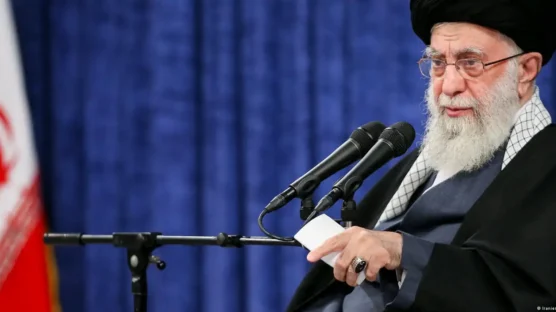
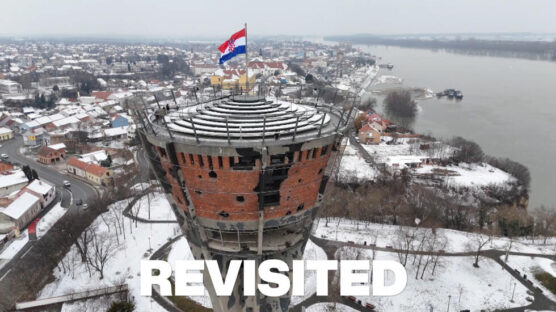
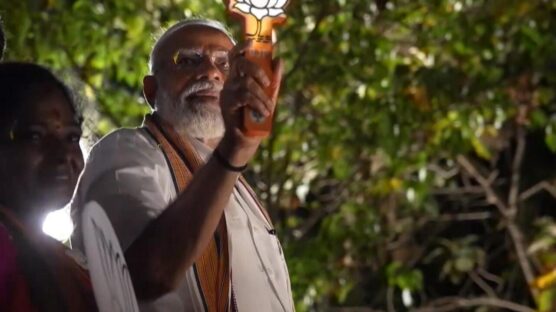

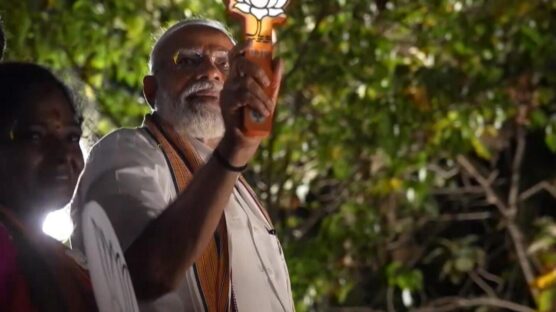






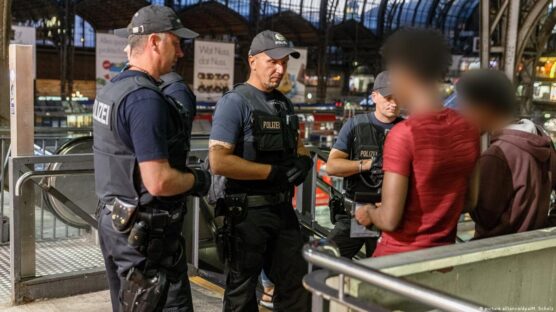
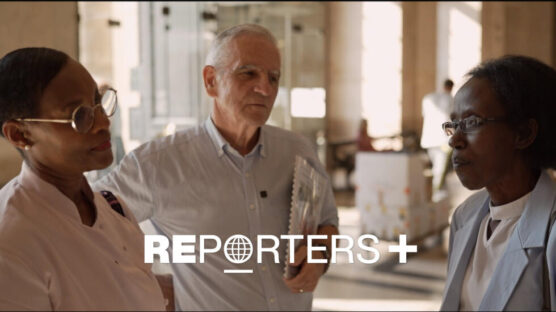
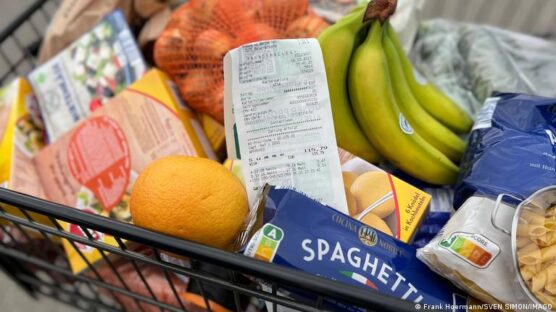

0 Comments
We will review and take appropriate action.